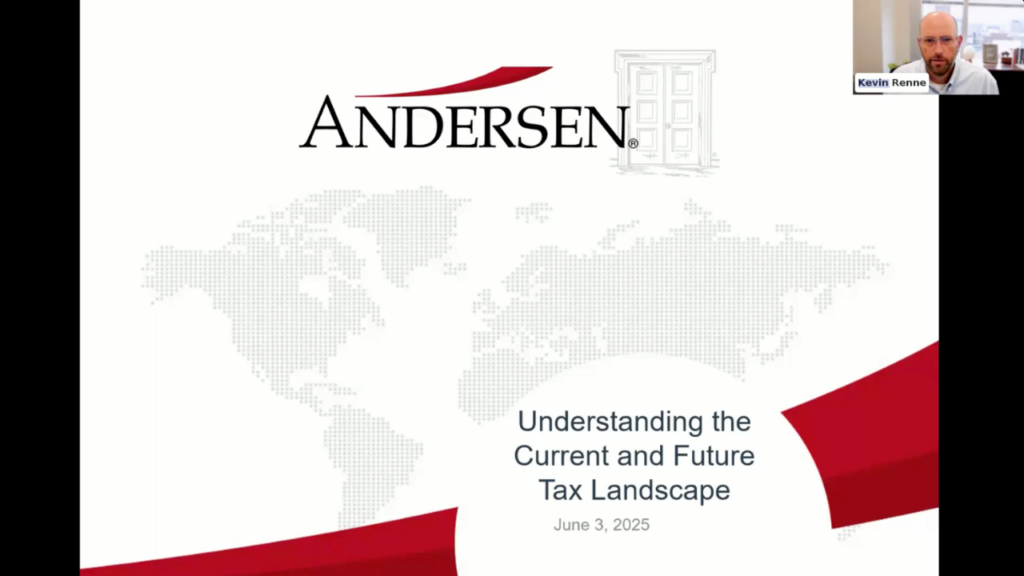Divorce is never easy, and its costs in emotional upheaval, stress, and uncertainty can hit like a tidal wave, making it seem impossible to think clearly. There is also an inevitable financial toll, and this can be particularly steep for those going through so-called “gray divorce”: the ending of a marriage that has lasted for 20 years or more. Couples in this situation are typically in mid-life, and in many cases have accumulated significant assets—assets that must be divided, as the marital estate comes to and end and the ex-spouses go their separate ways.
It has been noted frequently that, while divorce is generally declining in the American population, the demographic segments bucking this trend are older couples, especially the Baby Boomers. It’s also significant that many of the divorces among older couples are being initiated by women. A report from AARP indicates that 66 percent of divorced women over age 40 say they were the ones who made the decision to end their marriages. On the other hand, for these women the financial implications of divorce involve some difficult choices; recent statistics indicate that in the year following a divorce, women’s income can fall 23–40%.
But no matter whether viewed from the male or female perspective, the financial considerations of a divorce in mid-life or later must be placed out in the open by both parties in order to arrive at a settlement that is fair for all concerned. While weathering the emotional storms that divorce often brings, both parties must try to have a clear-eyed view of some financial realities. Let’s consider four that are likely to be most important for many couples experiencing “gray divorce.”
Does someone keep the home, or should it be sold?
For many couples, the marital home is not only one of the major assets in the estate, but it also holds a trove of memories. They have likely raised children in the home and may have even made memories there with grandchildren. In other words, the emotional considerations around the disposition of the marital home may seem to trump the financial aspects. Nevertheless, the property is also a financial asset, and couples need to do all they can to view the home in that light. With both partners living on a single income after the divorce, it may not make sense for either one to try to hold onto the home. If the decision is made to sell, it is crucial to obtain a fair appraisal that both parties can agree on. When this is not possible, each party may wish to order an appraisal, and the two can be averaged to arrive at a mutually agreeable selling price.
What about investments and other property?
Each state has its own statutes for dividing the marital estate, but the overarching principle is that the process must be equitable and fair to all concerned (and that may not necessarily mean that it is divided equally). Those divorcing in midlife or later are likely to have spent decades building a career; they will often have accumulated an investment portfolio. Because there are more likely to be significant sums involved, both parties should approach the division of the estate strategically and with realistic expectations. The character of the property is also a major consideration. For example, dividing up a portfolio of stocks, bonds, and other marketable securities may be fairly straightforward, once the distribution percentages have been decided. But real estate, stock options, deferred compensation, and collectibles are likely to involve more complex decisions. Some couples may have been co-owners of a business; this can raise complicated considerations about selling the business, constructing a buyout arrangement, or other options that will require professional and legal advice and involvement.
Will there be adequate monthly income?
If both parties have established careers, this may not be as difficult a decision. But in cases where one spouse has provided most or all of the household income, some provision will have to be made. It may also be the case that the formerly non-working spouse may need to re-enter the workforce. This is also a consideration when making decisions about dividing the financial assets; the non-working spouse may need a larger share of the financial assets in order to “buy time” to re-enter the workforce and begin building a dependable income stream.
What about retirement accounts, pensions, etc.?
Particularly in gray divorces, the woman may have been out of the workforce for a much longer period than the man, since these women have usually been the principal providers of childcare and, in some cases, care for aging parents or other relatives. On average, women tend to spend 12 years out of the workforce in order to provide care. Even if the woman is currently working, it is likely that she has fallen behind the curve in terms of accumulating retirement assets—including Social Security credits—because of the years she has spent outside the workforce. This often means that women involved in gray divorces may need to seek either a qualified domestic relations order (QDRO)—required for the division of a qualified retirement plan like a 401(k) or 403(b)—or a “transfer incident to divorce,” which is required for the division of an IRA. A QDRO, in particular, may be time-consuming and not inexpensive to obtain, but seeking a fair division of a retirement account owned by one partner can provide women who have not been the principal breadwinners with resources to build a more secure retirement when the time comes.
For both parties, it is vital to have the right legal and financial advisors on the team. Divorce is one of the most stressful life events anyone can endure, but by asking the right questions, working closely with your legal and financial professionals, and staying focused on positive outcomes, it is possible to both survive the process and build a meaningful life on the other side.
JFS Wealth Advisors is committed to providing our clients with fiduciary guidance for all the major financial transitions of life. If you or someone you know is facing the uncertainties of divorce or some other major financial decision, why not talk to one of our advisors?




















